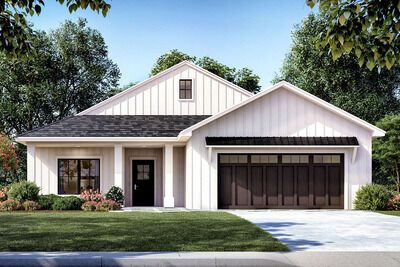Sustainability is no longer a trend—it’s a necessity. In the construction industry, modular building plays a significant role in minimizing environmental impact. Unlike traditional construction, which often results in excessive waste and energy use, modular construction is designed for efficiency from the ground up.
Because modular units are built in controlled factory environments, materials can be measured and cut with precision, reducing excess and reusing leftovers. This not only limits landfill contributions but also significantly lowers energy consumption during the build process. Additionally, factories can implement recycling systems and energy-efficient practices that would be difficult to manage on traditional job sites.
Modular buildings also support green living after construction. Units can be fitted with energy-efficient systems, high-performance insulation, and sustainable materials like bamboo, recycled steel, or low-VOC finishes. These features contribute to reduced energy bills and a smaller carbon footprint over time.
Transportation and site impact are minimized too. Since a majority of the structure is built off-site, fewer vehicles and heavy equipment are needed, leading to reduced emissions, noise, and disruption to surrounding communities.
For developers seeking LEED certification or clients demanding environmentally responsible projects, modular construction is a powerful and practical solution. At TJSH Group LLC, our commitment to sustainability is woven into every project, combining smart design, eco-friendly materials, and innovative techniques that align with global environmental goals.

